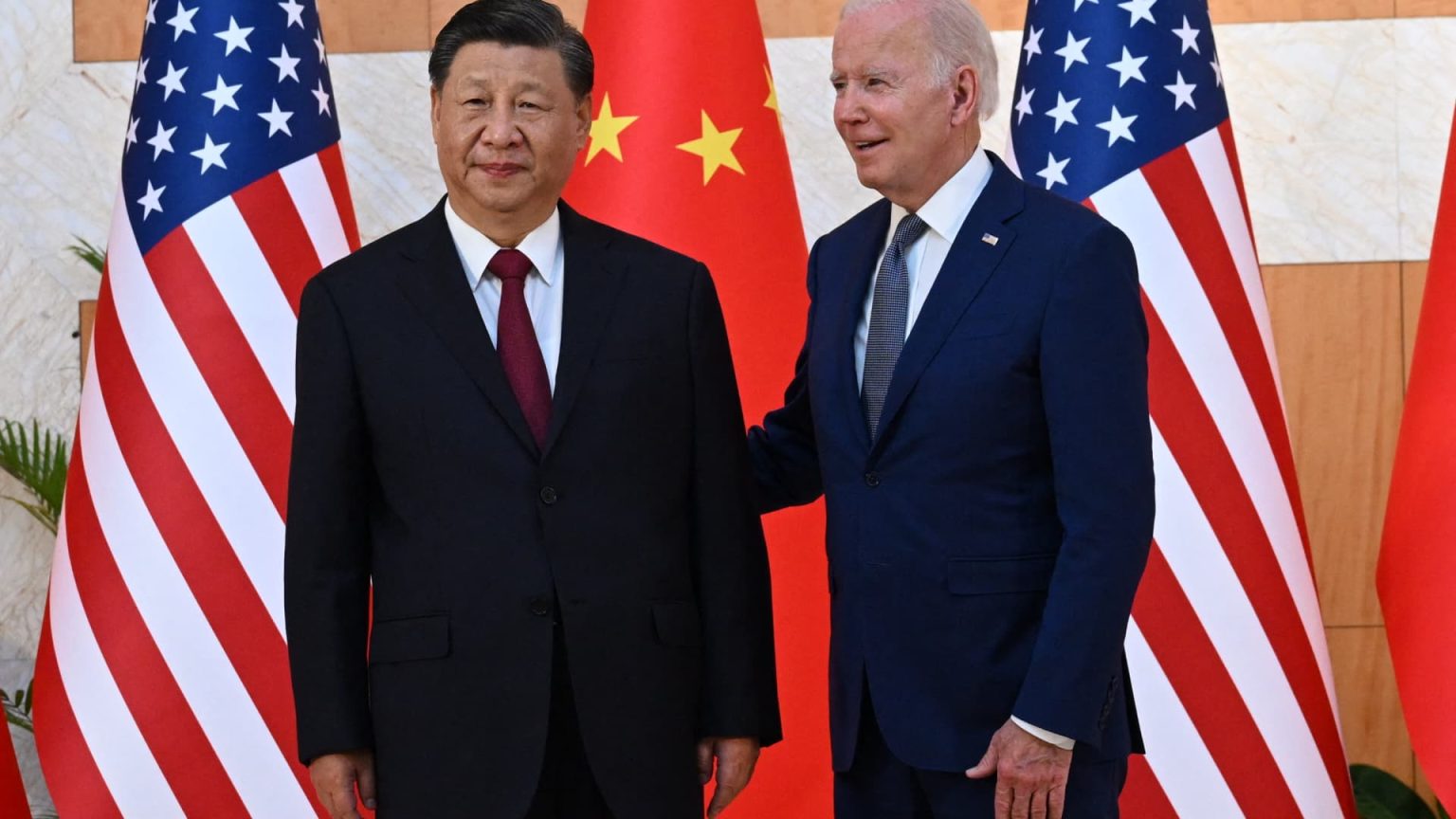A Gallup poll from 2007 to the present day has shown that most countries tend to prefer aligning with the U.S. over China when the White House is occupied by a Democrat. The data revealed that more countries lean towards U.S. leadership over Chinese leadership, with a net approval disadvantage for Republican administrations. In 2023, 48% of the world’s countries favored the U.S., while only 21% favored China. This trend of preferring U.S. leadership under Democratic administrations has been observed under presidents like George Bush and Barack Obama, suggesting that America’s global influence may depend on the outcome of the next presidential election.
During the Trump administration, a larger number of countries had favored China, but this changed with Joe Biden taking office in 2021. The report highlighted a swing in country alignments across years, emphasizing the impact of different presidents on global preferences. A tough stance on China by both Biden and Trump leading up to the election has increased the number of Americans viewing Beijing as an enemy rather than a competitor or partner. Despite short-term gains in relative alignment under Trump, most countries fell into the “weakly aligned” category. On the other hand, the U.S. has maintained a net approval advantage over China under Biden and Obama, as opposed to net disapproval rates under Trump and the later years of the Bush presidency.
Both the U.S. and China have experienced varying levels of disillusionment globally in recent years. Since 2017, more countries have disapproved of their leadership than approved, with exceptions in 2021. The disapproval rate reached a peak under the Trump administration in 2020, but has decreased under Biden while remaining higher than during most of the Obama administration. This increasing trend towards negative net approval for both powers indicates a growing lack of enthusiasm for the U.S. and China on the global stage, despite their superpower status.
While the U.S. has lost favorability compared to China in countries like Russia and certain African nations, it has made gains in regions impacted by events like the invasion of Ukraine. Germany emerged as a leader in Gallup’s latest report, with the highest approval rate of 46% among world leaders, surpassing both the U.S. and China. Germany’s high approval ratings in both Europe and Asia demonstrate its influential leadership position on the global stage. The report also noted that Southeast Asian countries, while approving of the U.S., are more likely to align with China if forced to choose sides, based on a regional survey conducted earlier in the year.
In conclusion, the Gallup data suggests that global preferences for U.S. leadership over China are influenced by the political party in power, with Democrats generally being favored. The U.S. has maintained a resilient net approval advantage over China under Democratic administrations, while facing challenges under Republican leadership. Despite fluctuations in global approval, both superpowers are experiencing a growing lack of enthusiasm from countries worldwide, indicating a shift in global sentiment towards U.S. and Chinese leadership. Germany stands out as a top-rated world leader, with high approval ratings across multiple regions, showcasing its influential position on a global scale.













